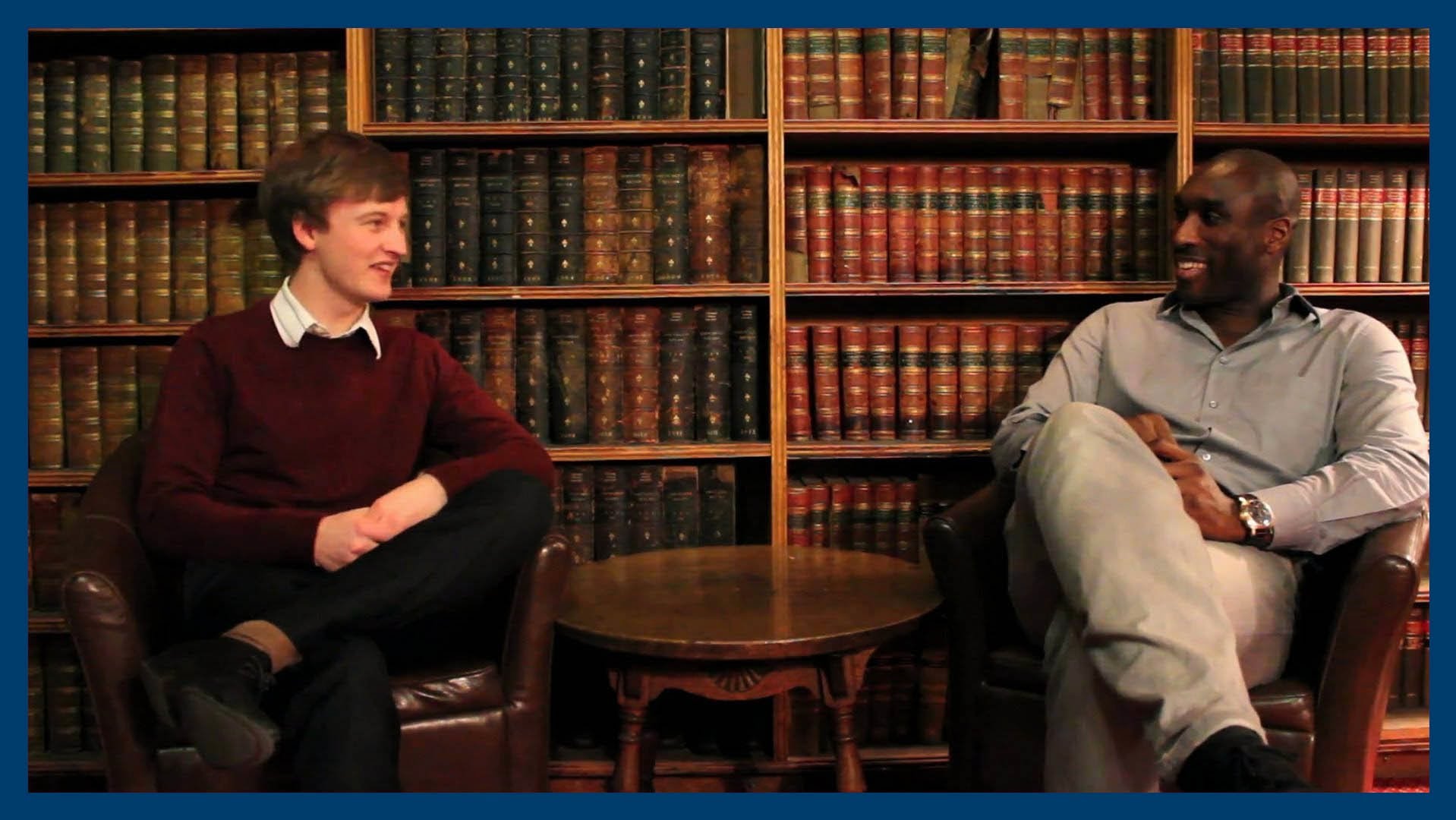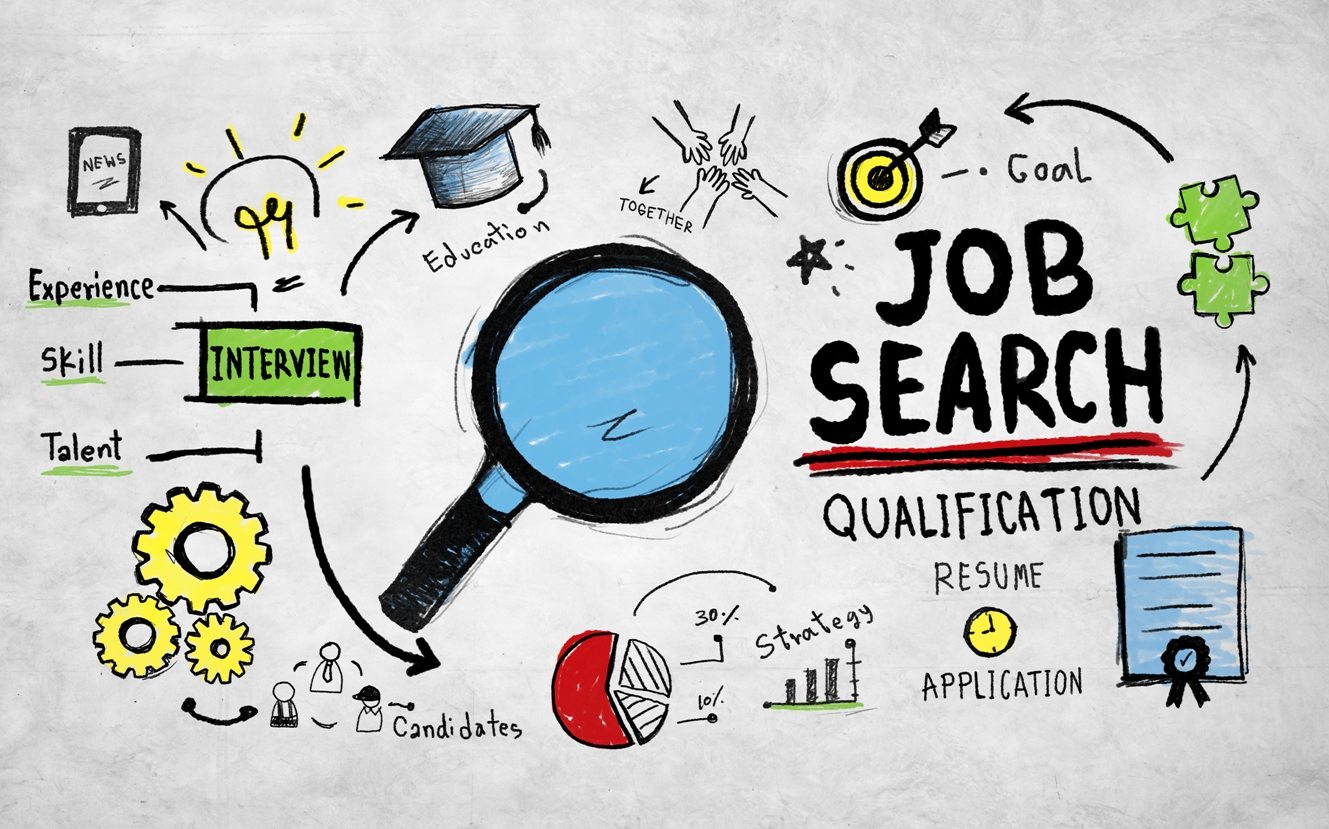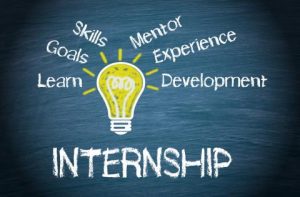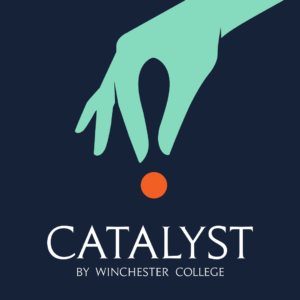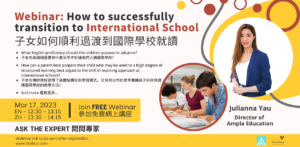November 21, 2017 | Julia Apthorp
Interviews – often the most stressful part of any school, university, or job application. Beforehand, many hours are spent frantically preparing and trying to second guess what questions might be asked. Afterwards come the discouraged yet inevitable post mortems of how the interview went, perhaps accompanied by despair over an opaque assessment process or a biased interviewer. Worst of all, nobody talks about the (many) interviews that they will have failed, only the ones that they passed to win a place at a top university or land their dream job. I myself have been to well over 50 interviews, and it took me a great deal of practice and many failures along the way to get to where I am now.

Many of our students have experienced the above or have interviews on the horizon. Given how important interviews can be for our students to achieve their ambitions, this post provides some clarity on our thoughts on the interview process and our approach to interview coaching. Interviews usually assess a mix of thinking skills, motivation, competencies, and personal fit; however, in the context of our students’ academic aspirations, our focus is on thinking skills and motivation, which carry the most weight in school and university applications.
Interviews can feel like an ‘all or nothing’ situation where, like an exam, your future hinges on your performance over the course of a few hours. Interview coaching helps to relieve the nerves that are natural in these stressful situations and familiarise students with the sometimes confusing structure of interviews that can trip them up early on. Navigating these hurdles goes a long way to ensuring that students showcase their full potential during this brief window of opportunity.
But let’s take a step back from the execution of an interview. Communication is essential to shining a candidate in their best light, yet no amount of preparation or model answers will remove the need for the candidate to genuinely possess the right skills and motives to succeed. A good interviewer will be able to develop a discussion that demands honest, natural, and considered answers from a candidate. An objective assessment of candidates’ respective merits not only enables a university to offer places to the most deserving candidates, but does a service to those who would struggle on a particular degree course and might achieve greater success elsewhere.
In light of this, our interview coaching and education consulting seek to develop students whose skills and passions for their chosen degree course are as genuine as their interview skills are polished. The interview is a means to an end. By encouraging students to curiously explore their chosen subject and by valuing critical thinking over rote learning in our tuition, we can deliver a rounded educational experience that is the foundation to future success. Consider the application process at Oxford and Cambridge: interview questions often do not have a ‘correct’ answer. Rather, the focus is on structured arguments that coherently tackle the question at hand – these showcase the thinking skills that are needed to succeed on a degree course and indicate a capacity be taught in the unique tutorial/supervision system that these universities offer.
The final thing to remember is that there will inevitably be disappointment for the many applicants who do not win places at their dream university. Oxford and Cambridge acknowledge [1] that there are many more candidates with the ability to succeed on their degree courses than there are places. A little faith goes a long way to accepting that, more often than not, difficult decisions are made in good faith to ensure a fair outcome for all, despite sometimes flawed assessment processes. In any case, the list of ‘rejects’ who go on to succeed in all walks of life is endless, from former US President Harry S. Truman’s rejection from West Point to JK Rowling’s rejection from Oxford. If you were good enough all along, academic or otherwise, then it won’t matter whether you pass one interview or not.
1. http://www.crac.org.uk/CMS/files/upload/A6%20-%20Oxbridge.pdf
To find out more about Ampla Education’s interview coaching and admissions consulting, contact us at info@ampla-edu.com
_____________________________________________________
________________________________________________________________________
Julia obtained BA and MSci degrees in Natural Sciences from the University of Cambridge, specialising in Chemistry, where she was also a Flight Commander on Cambridge University Air Squadron in the RAF. She has worked as a strategy consultant in London and now focuses on strategy work in the TV and Media industry. With her broad range of experiences, she is able to offer interview coaching to Ampla’s students in a wide variety of contexts.
_____________________________________________________
________________________________________________________________________
© Ampla Education – Unauthorised use of this material without permission is strictly prohibited. Excerpts and links may be used, provided that full credit is given to Ampla Education.





